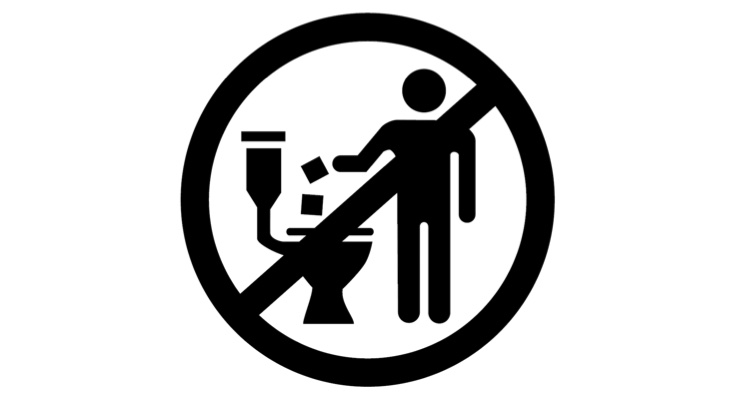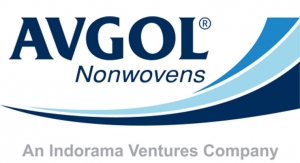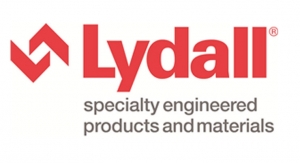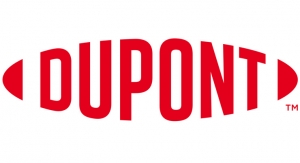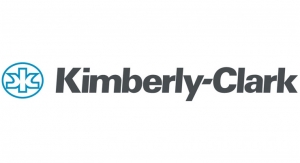07.07.21
Gov. Kate Brown has signed into law House Bill 2344, requiring manufacturers of personal care and household wipes for sale in the state of Oregon to clearly label “Do Not Flush” on those wipes that are not intended for disposal in the toilet.
Introduced in January 2021, this legislation received broad support from the wipes industry, as well as Oregon municipal wastewater agencies. During the Covid-19 pandemic, many municipalities saw an increase in volumes of inappropriately flushed baby wipes, hard surface cleaning/sanitizing wipes and other items not intended to be disposed via the toilet. Elevating consumer awareness of what should not be flushed – combined with the responsible labeling of products – is the key to addressing this issue.
“The Responsible Flushing Alliance is pleased to support this legislation through our #FlushSmart consumer education initiatives,” says Lara Wyss, president of the Responsible Flushing Alliance. “Our goal is to increase public awareness around how smart flushing habits lead to healthier homes and communities. Proper labeling is critical in educating consumers to recognize the difference between flushable and non-flushable products.”
Similar legislation has passed in Washington state and is currently under review in California and awaiting the Governor’s signature in Illinois.
This year, the Responsible Flushing Alliance launched a national effort to educate and promote responsible flushing habits known as #FlushSmart, as well as instruct consumers to look for the “Do Not Flush” symbol in product packaging and labeling to identify materials that should not be flushed down the toilet.
Wyss will present information on the Responsible Flushing Alliance's public education campaign, #FlushSmart, during WOW. This presentation will be included in a session devoted to flushable wipes which will also feature talks from Dave Rousse, INDA president, and Jessica Franken, director of government affairs at INDA.
Introduced in January 2021, this legislation received broad support from the wipes industry, as well as Oregon municipal wastewater agencies. During the Covid-19 pandemic, many municipalities saw an increase in volumes of inappropriately flushed baby wipes, hard surface cleaning/sanitizing wipes and other items not intended to be disposed via the toilet. Elevating consumer awareness of what should not be flushed – combined with the responsible labeling of products – is the key to addressing this issue.
“The Responsible Flushing Alliance is pleased to support this legislation through our #FlushSmart consumer education initiatives,” says Lara Wyss, president of the Responsible Flushing Alliance. “Our goal is to increase public awareness around how smart flushing habits lead to healthier homes and communities. Proper labeling is critical in educating consumers to recognize the difference between flushable and non-flushable products.”
Similar legislation has passed in Washington state and is currently under review in California and awaiting the Governor’s signature in Illinois.
This year, the Responsible Flushing Alliance launched a national effort to educate and promote responsible flushing habits known as #FlushSmart, as well as instruct consumers to look for the “Do Not Flush” symbol in product packaging and labeling to identify materials that should not be flushed down the toilet.
Wyss will present information on the Responsible Flushing Alliance's public education campaign, #FlushSmart, during WOW. This presentation will be included in a session devoted to flushable wipes which will also feature talks from Dave Rousse, INDA president, and Jessica Franken, director of government affairs at INDA.

